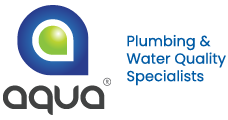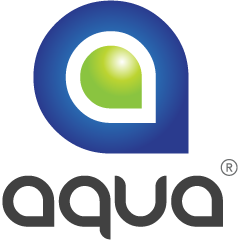
Water Compliance
The Importance of Water
We all know how important water and staying hydrated is for our health and wellbeing. Even a 1-2% decrease in hydration can affect concentration. But do we realise how important it is that the water we drink is safe and clean? Luckily, we have laws and legislation in place to protect public health from poor water quality. The issues and diseases that can affect us from poor water quality are still a MAJOR issue worldwide and many people die needlessly. Those of us who are water suppliers have both a moral and legal responsibility to ensure that our product does not have a negative effect on the health of our consumers.
What Laws are in place to protect Drinking Water?
EVERYONE deserves access to safe clean drinking water. There are several pieces of legislation which cover this:
This is our main piece of drinking water legislation. Anyone supplying water to 25 or more people for 60 days of the year, needs to comply.
However several other pieces of legislation refer to a need for ‘potable’ water. Water is not considered potable unless it meets the drinking water standards.
Resource: Drinking Water Standards in New Zealand
The Health Act 1956 states that it is not lawful for anyone to build, or rebuild any building intended for use as a dwellinghouse (a place for people to live), or for any person to let, sublet, or permit to be occupied, any part of a building which does not have an adequate and convenient supply of potable water.
This means that when you buy a house, it is the responsibility of the last owner to sell it to you, to make sure the water is potable (safe to drink).
It also means that it is a landlord’s responsibility to ensure potable water is present for their tenants, whether they are renting out a whole home or just a room.
Resource: Health Act 1956
This is an update to the Health Act 1956. Following this, all supplies were required to register and comply with relevant sections of the act. Until this, compliance had been voluntary. Water safety plans also became a requirement for supplies to more than 25 people for more than 60 days of the year. It also gives clarity for compliance for ‘networked’ supplies.
Resource: Health (Drinking Water Amendment) Act 2007
The Building Act states that any building which does not have an adequate supply of potable water is considered unsanitary.
There are other pieces of legislation around water for particular industries etc outside of drinking water. We can help you to understand what these might be.
Resource: Building Act 2004
Who Needs to Comply?
There is a pretty good chance that you do! The legislation pretty much covers all water intended for use as drinking water in any building.
For schools on their own drinking water supply, the Ministry of Education has some advice and help here: Drinking water: Self-supplying schools
Water is generally not considered safe without some form of treatment.
Even if a water test comes back clear, that is only a snapshot in time. Unless you have preventative treatment, contamination could get in at any time and cause illness.
We have insurance on our cars and homes, yet so many of us do not have any protection on our water, which is quite literally the second most important thing in your life!
If you are not sure about what you need to do, or which piece of legislation you should be complying with, we can help.
What Can I Do?
Self-care and care for others are ever more important, with trends in organic foods, mindfulness techniques, and much more. Join the self-care revolution by taking care of what matters most – treat your drinking water.
If you are out and about – if you don’t know what is in it, don’t drink it! Ask your cafes, restaurants, and accommodation places what they are doing to protect you from potential contamination in drinking water

